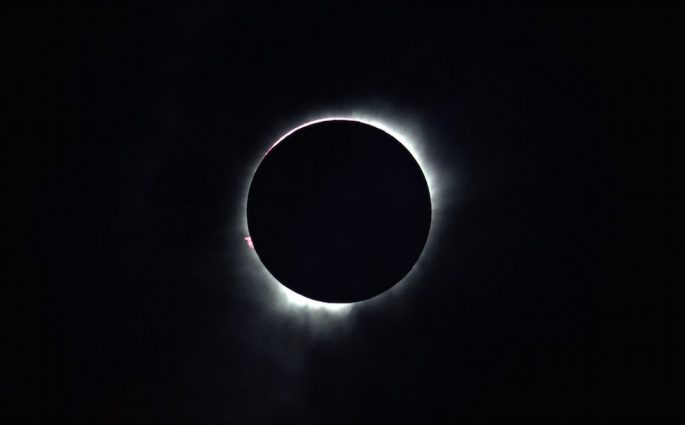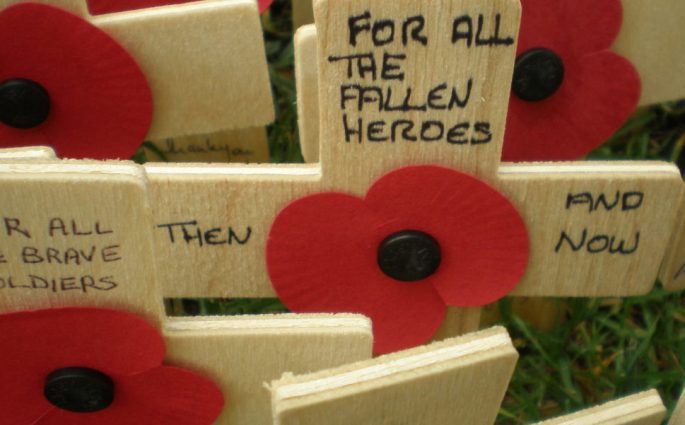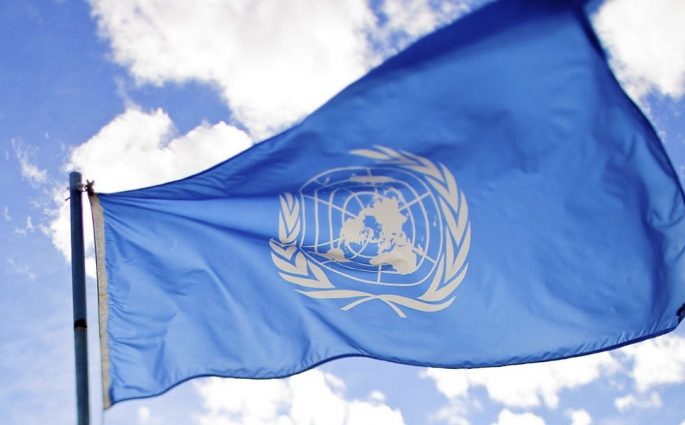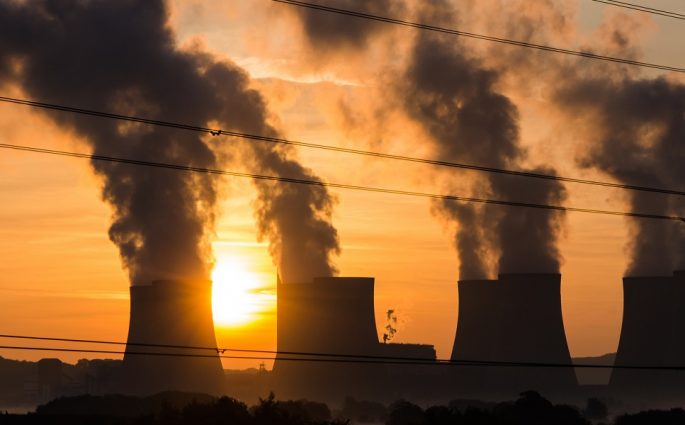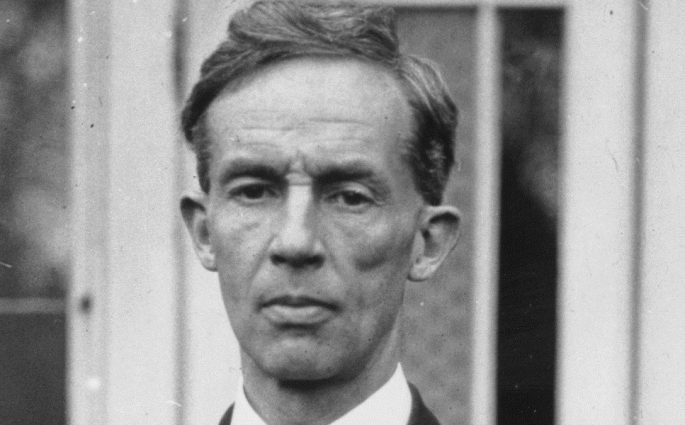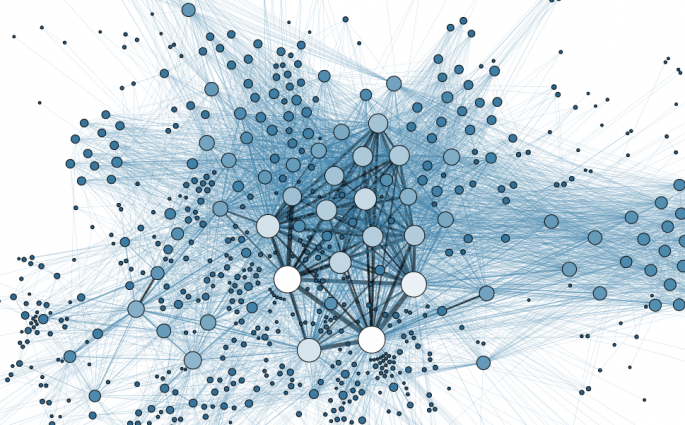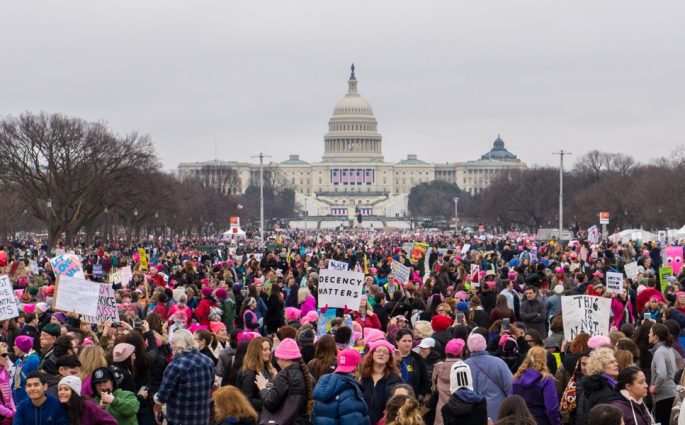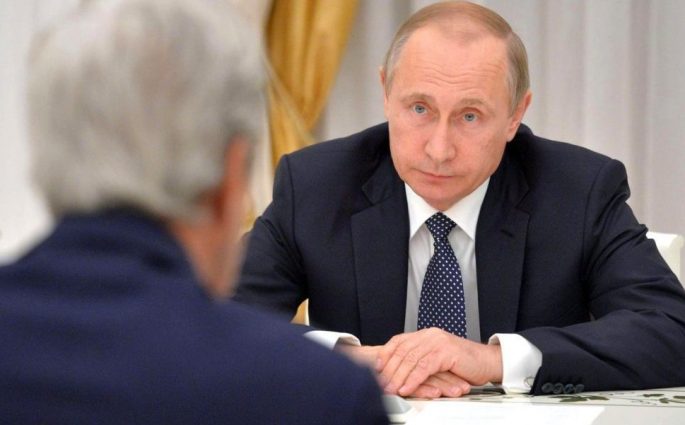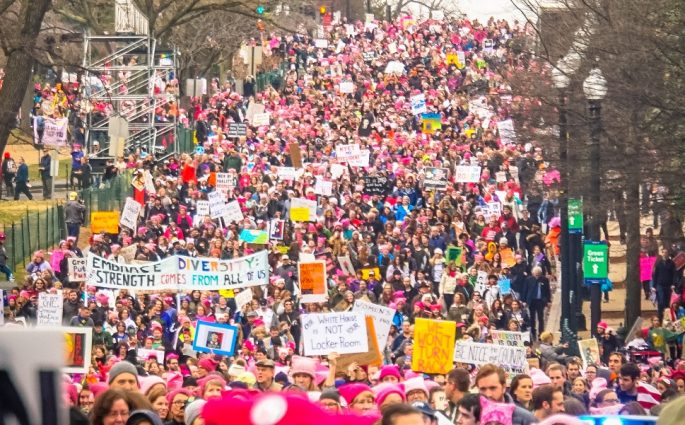Eclipses and the Lessons of History
Anthony Aveni— “Celestial source of life and light on earth! What envious rival intercepts thy rays? Dares thy own satellite intercepts thy blaze, Or stay thy stream of empyrean birth?…” The first four lines of a sonnet “tweeted out” by the sixth president of the United States, John Quincy

